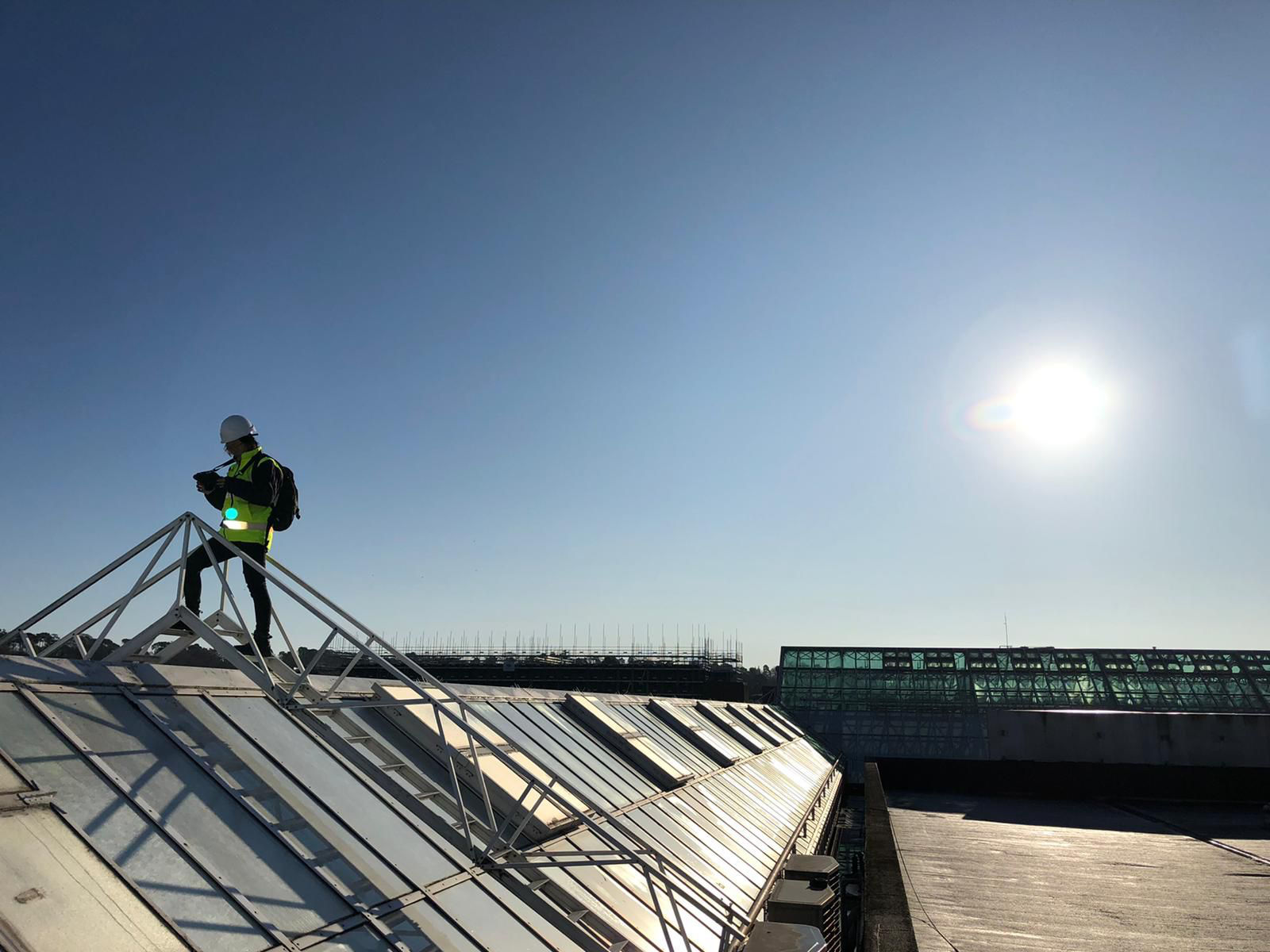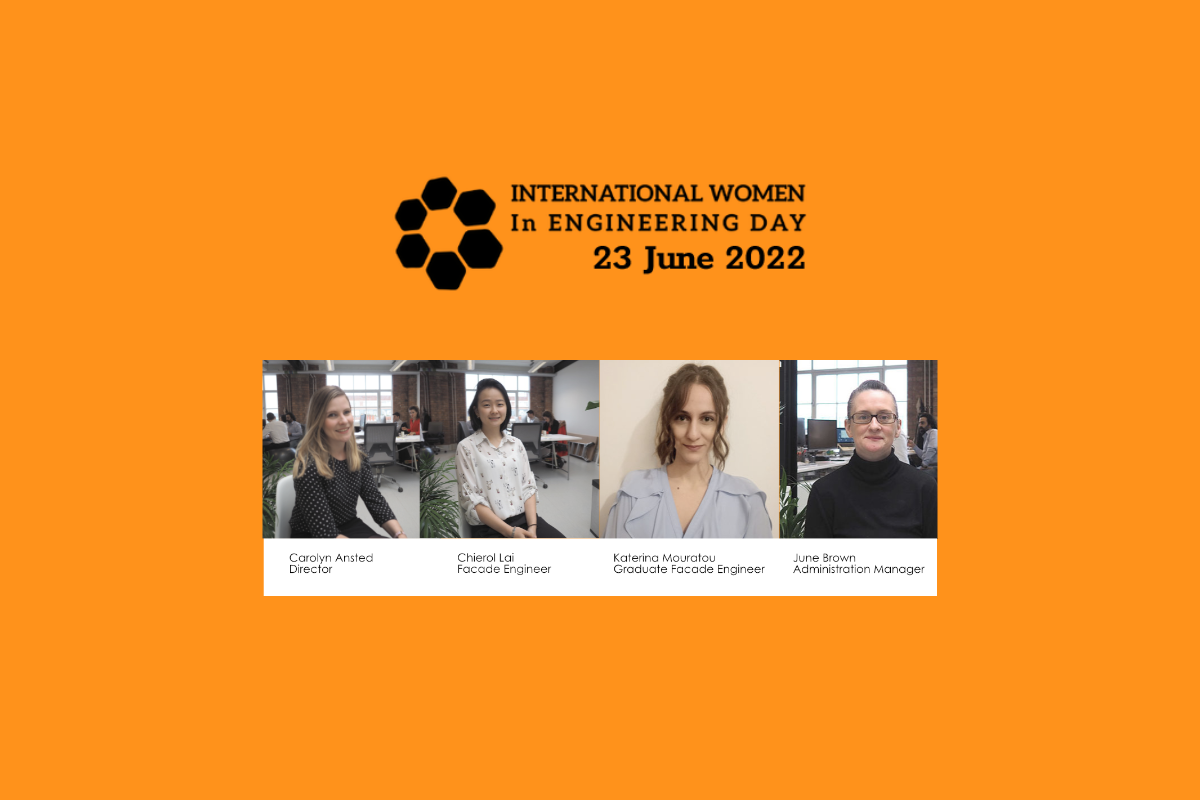International Women in Engineering Day is an international awareness campaign to raise the profile of women in engineering, to increase diversity and encourage inclusion in this exciting industry.
Interface are committed to diversity and inclusion. We aim to inspire all to consider a career in our developing field of facade engineering. We have asked our women engineers to share their stories of the highly rewarding career path they have chosen.
Carolyn is a director at Interface who has worked in engineering for more than 15 years. Chierol is a facade engineer currently undertaking her MSc in facade engineering at UWE Bristol. Katerina is a graduate facade engineer with a strong architectural background. June is the administration manager at Interface.
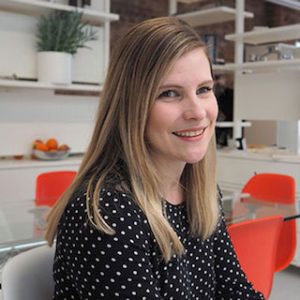
Carolyn Ansted

Chierol Lai
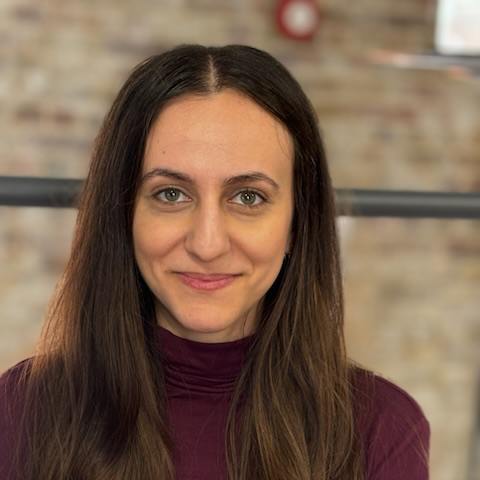
Katerina Mouratou
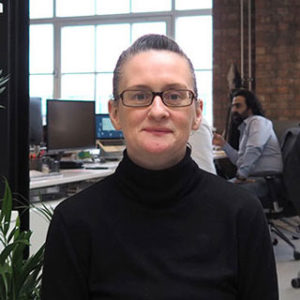
June Brown

Fiona Reddiar
What sparked your interest in engineering?
Chierol: I enjoyed maths and science at school but what interested me about engineering was the problem-solving aspect that can be applied to any field. It’s a broad enough discipline for someone like me who has a wide range of interests and is curious about everything. I also appreciate the opportunities for creativity and design.
Carolyn: I took a chance on engineering! After training in business management I started my career at Whitbybird (now Ramboll) as an admin in the Structural Engineering department. My eyes were opened to the vast world of engineering disciplines and construction. I started noticing buildings, construction techniques and materials – and just like that, I knew my career path.
Katerina: My interest began at school when I was exploring career options. The problem-solving basis of engineering and the huge range of its implementation make it a great sector for me. I started my professional life as an architect engineer, applying my university training and gaining direct experience of the construction sector. This sparked my curiosity to explore other fields of engineering, which ultimately led me to Interface Facade Engineering.
June: On a trip to a local university at the age of 16 a professor gave a demonstration on engineering. I was interested, but a love of economics had taken hold early and I went on to study business. However much of my career has been in the engineering consultancy sector, albeit as in-house support.
Why facade engineering?
Carolyn: Facade engineering is where my interest truly developed. As my knowledge of facades and team management advanced, so did my interest, qualifications and accreditations in construction administration, contracts and management. Interface Facade Engineering allows me to be a facade engineer in practice – while continually developing my construction management skills.
June: When people hear the word “facade” they often think it’s just about front of a building. Until I entered the world of facade engineering I didn’t realise how much it entails. It’s such a fascinating discipline and each project brings a new set of challenges. Facade engineering is also at the forefront of making building more sustainable with a lot of work being done at the design stage in areas such as embodied carbon.
What is your experience of being a woman in construction?
Carolyn: Generally positive. I believe that I have been offered the same opportunities to develop, improve and progress as anyone in my situation. At times I’ve felt that people may assume I’m in a meeting to take minutes, but that might be more about my assumptions due to existing stereotypes. I feel that if more women were in construction, such confidence issues and possible stigma would fade.
June: Early in my career it was obvious that women were a minority in the construction sector. A glance around the office showed a ratio of men to women engineers of about 6:1. Over the past decade the construction industry has become much more diverse and inclusive and is attracting more women. It’s fantastic to see women taking more high-profile roles within the industry and blazing a trail for what can be achieved.
Katerina: In general I’ve had positive experiences as a woman studying architectural engineering, looking for a job and working in the construction sector. While I haven’t experienced any difference on the office side of projects, I have received attention or comments as a woman on site. I feel that this is because women are still a minority, especially when it comes to site work. I haven’t felt that these incidents have undermined my work on site, and I know I am always supported by my colleagues.
Chierol: It is important to remember that I work in a heavily male dominated environment, but society has made leaps and bounds to ensure I’m treated equally and fairly. I rarely notice that I may be being treated differently because of my gender, but it is important to be vigilant. I’m in the lucky position of feeling comfortable speaking up or calling someone out if something were to happen. I know that my company and colleagues have got my back – we often discuss potential scenarios and any issues that may have made me feel uncomfortable.
Do you have any role models?
June: Sarah Beeny. She has 25 years of experience in all aspects of the property & build sector and is a keen actor and businesswoman. I never tire of learning from her insight, knowledge and expertise. There have been many role models throughout my career, including my current employers who always have time to explain and broaden our knowledge of all aspects of the industry and business.
Carolyn: I have worked – and am working with – some excellent people who I will forever be grateful for and inspired by. They show me what is possible within the construction industry and provide the drive to keep striving to achieve it. I’m also lucky to have worked with many women facade engineers – on reflection, perhaps an equal number of men and women facade engineers. This has been integral to my confidence of working in the industry.
Chierol: I’ve met people I admire through projects, mostly women in senior positions. It’s clear that they have worked hard to get there and know exactly what they want. My boss Will is a role model. He has so much enthusiasm for life and actually cares about people and the world. He is unbelievably good at his job, has more knowledge of the construction world than he needs – and best of all, he’s a great teacher.
How can we improve women’s participation in engineering?
Katerina: We need to actively try to do away with the stereotypes in the industry as well as tackle the self-stereotyping that many women experience; especially since it can be a reason to not pursue a career in engineering in the first place.
Chierol: Advertising from universities, schools and STEM societies to attract students is great and there is definitely more of it. However, who we become and the life choices we make are hugely influenced by family. It’s good that teachers encourage students to study STEM subjects, but it doesn’t do much if they go home to families that are far removed from women in STEM careers, or if the family has no expectation for their child to pursue certain “non-traditional” career paths.
Carolyn: We need to eliminate the stereotypes within the industry. We need to highlight the range of disciplines that engineering covers and how interesting each can be. Although the industry is now recognising the importance of facade engineers, knowledge of the discipline is still quite limited. We need passionate engineers to spread the word and get more people to understand what a rewarding career facade engineering can offer.
June: Much like grassroots sport, we should be doing more at the early learning stage to encourage all children to study the STEM subjects and make them aware of what a career in engineering looks like for women. This is still very much a male-orientated environment and as women in the profession we can and should do more to promote the sector and the varied roles that can be pursued.
Any advice for young women starting in the STEM industry or thinking about doing so?
Katerina: I recommend research to learn about the interesting, varied career paths jobs the STEM industry has to offer. Reach out to women with careers in the industry to discuss, express reservations and discover their point of view. Only by real life examples can the younger generation really be inspired and not let their fears or insecurity prevail.
Chierol: The best and fastest learning you can do is by listening and talking to people. Never be afraid to ask questions. A lot of industry knowledge isn’t written in textbooks and is just observations people have made over years at work. Another piece of advice is not to throw your hobbies and social life out of the window. Maintain a work-life balance that makes you happy and have fun.
June: Ask questions. You will only ever learn by asking questions and listening to the people who know – so ask, listen and research. There are so many avenues to engineering and not all are in construction. With the advances in technology, sustainability and environmental issues are at the forefront of discussions and we need the greatest minds to help solve the building problems of the future. Engineering is the place that can happen!
